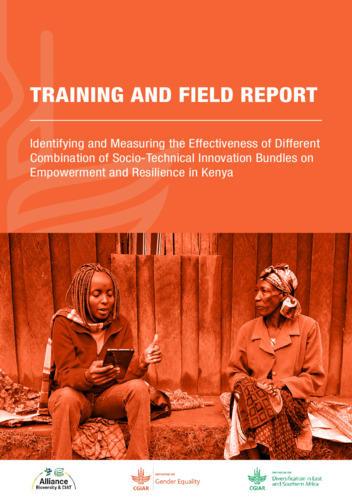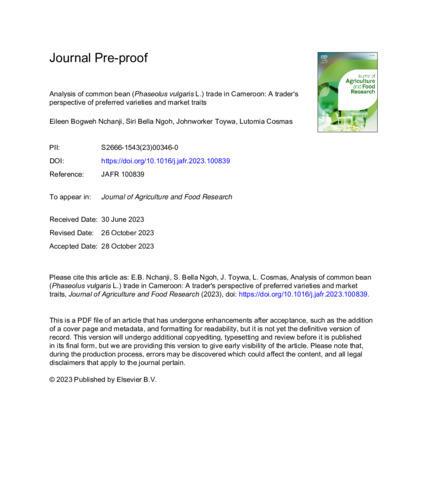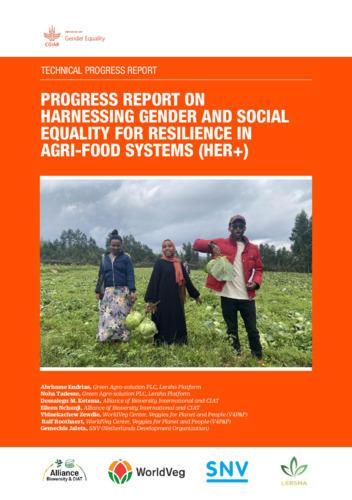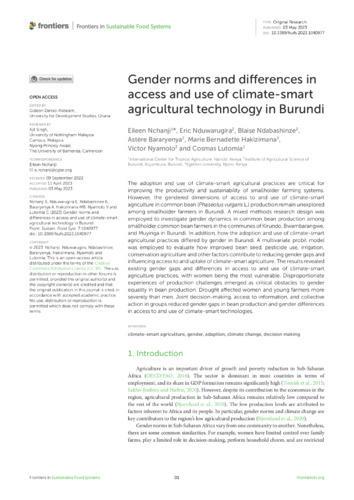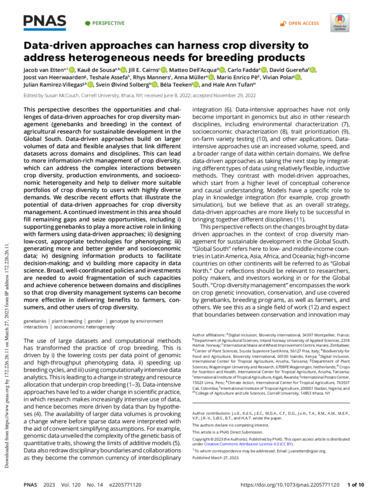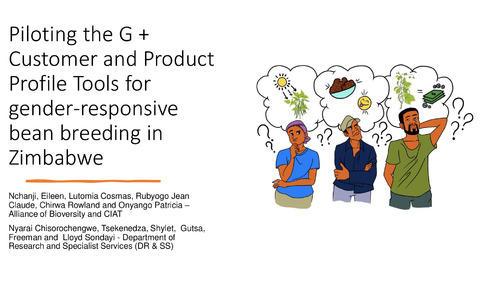Gender in Crop Improvement and Technology Development
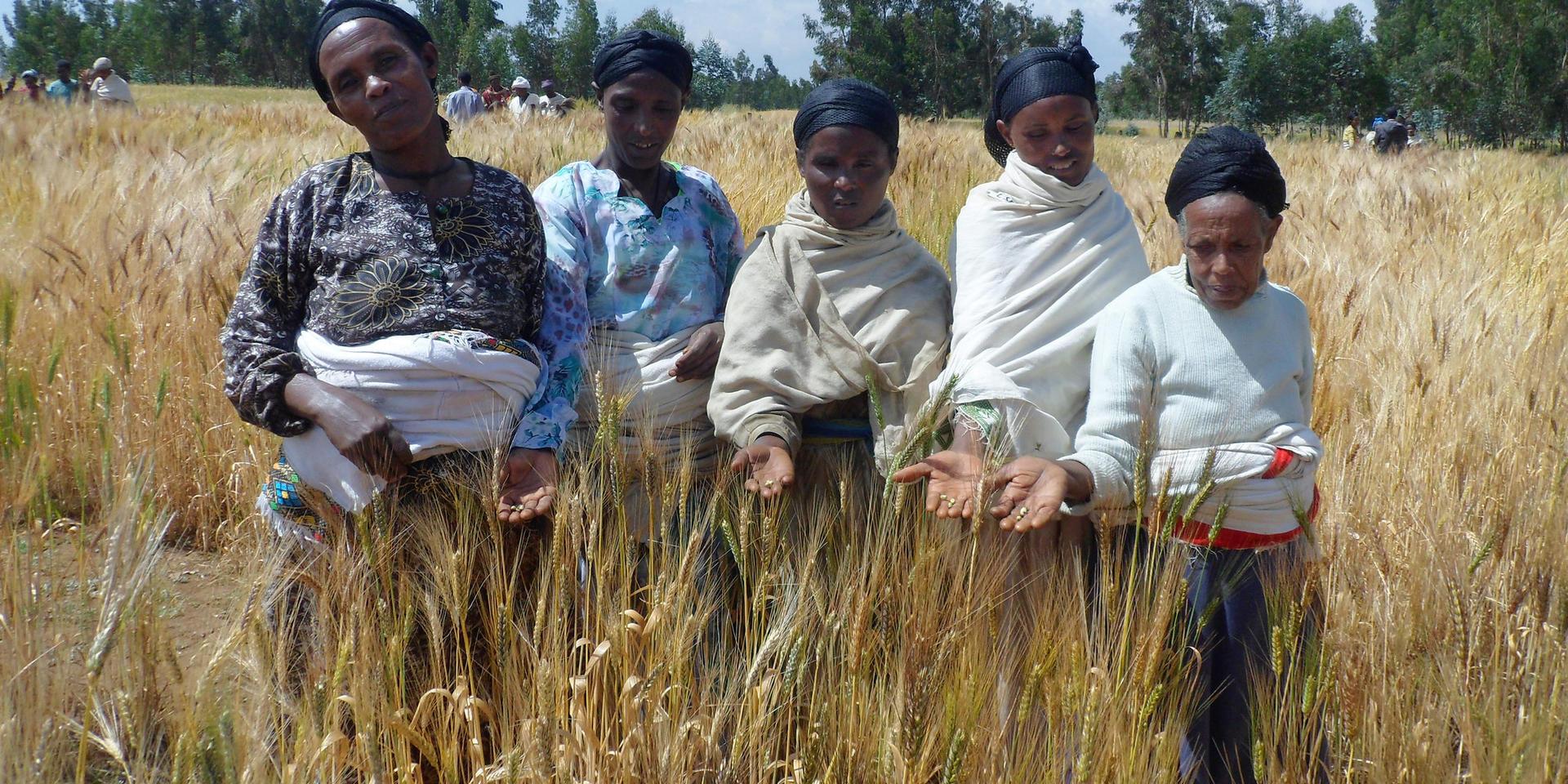
An Evidence Gap Map (2021) on gender in CGIAR research noted that gender in breeding and seed systems are two of three research areas where evidence on gender in land, food and water systems is least represented. The Alliance is contributing to filling those gaps.
Women and men often have different farming roles and responsibilities, which are not always considered in the design of technologies and innovations, which often omit women’s interests. Women's farming roles are often invisible, because social norms often define men as the farmers and women as their helpers. This discrimination comes from women’s uncounted farm work, and their reduced productivity due to their triple role (reproductive, productive and community-oriented). Research on closing the gender gap in crop improvement and agronomy has focused on women’s participation and decision-making, with less emphasis on the socio-cultural and institutional norms that block gender equality. An inclusive agrifood system requires women’s control of assets, equitable decision-making between women and men, and capacity strengthening.
Having hosted the CGIAR Systemwide Participatory Research and Gender Analysis Program (1997-2011), the Alliance draws on a long history of participatory plant breeding, putting both women and men at the center of the breeding process. New areas of work include strengthening the inputs of rural women into breeding priorities, and dismantling the counterproductive socio-cultural and institutional norms that prevent women from closing the productivity gap.
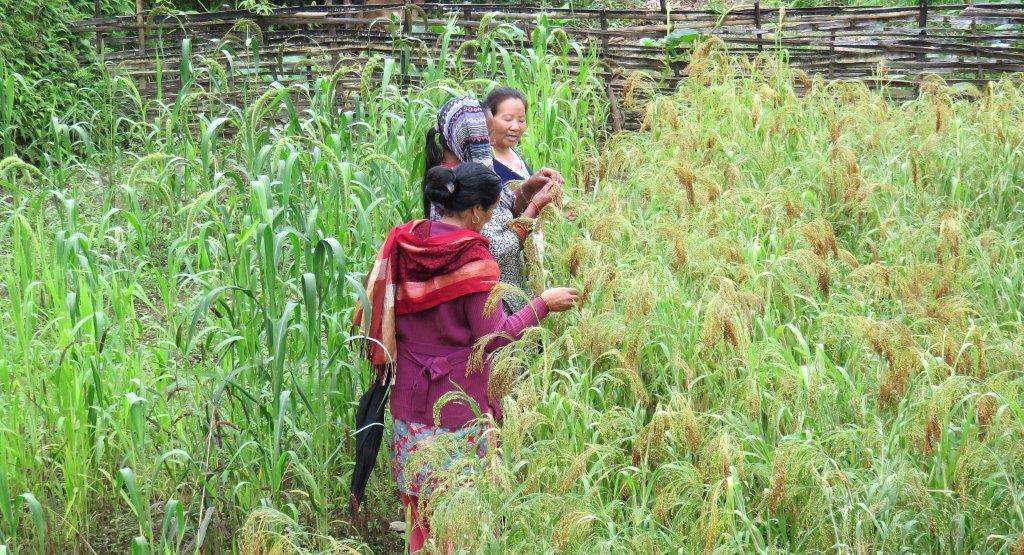
Our research looks at:
- co-developing gender-responsive technologies and innovations,
- incorporating local farmers’ traditional knowledge into breeding,
- considering gendered trait preferences in plant breeding, and,
- gender-responsive participatory plant breeding and participatory variety selection
Examples of our work
Focus on: Market Intelligence and Product Profiling for Impactful Breeding
The CGIAR Market Intelligence Initiative takes a new approach to breeding investment prioritization. Traditionally, investment in breeding has focused on increased productivity for enhanced food security, with exceptional cases also focusing on stress tolerance and nutrition. Gender considerations have been largely neglected in investment prioritization processes. Market Intelligence works with regional interdisciplinary teams to define product profiles for potential investors. These teams also provide a dashboard with information on the projected impacts that alternative breeding pipelines will have in each of the five CGIAR impact areas, including gender equity. From a research perspective, market intelligence will track how investors use this information, whether it transforms breeding investment, making breeding more gender equitable.
A new area of research is the development of a gender-responsive participatory variety selection tool. A training course on gender and demand-led breeding has been developed and is available as training material for use in crop improvement universities.
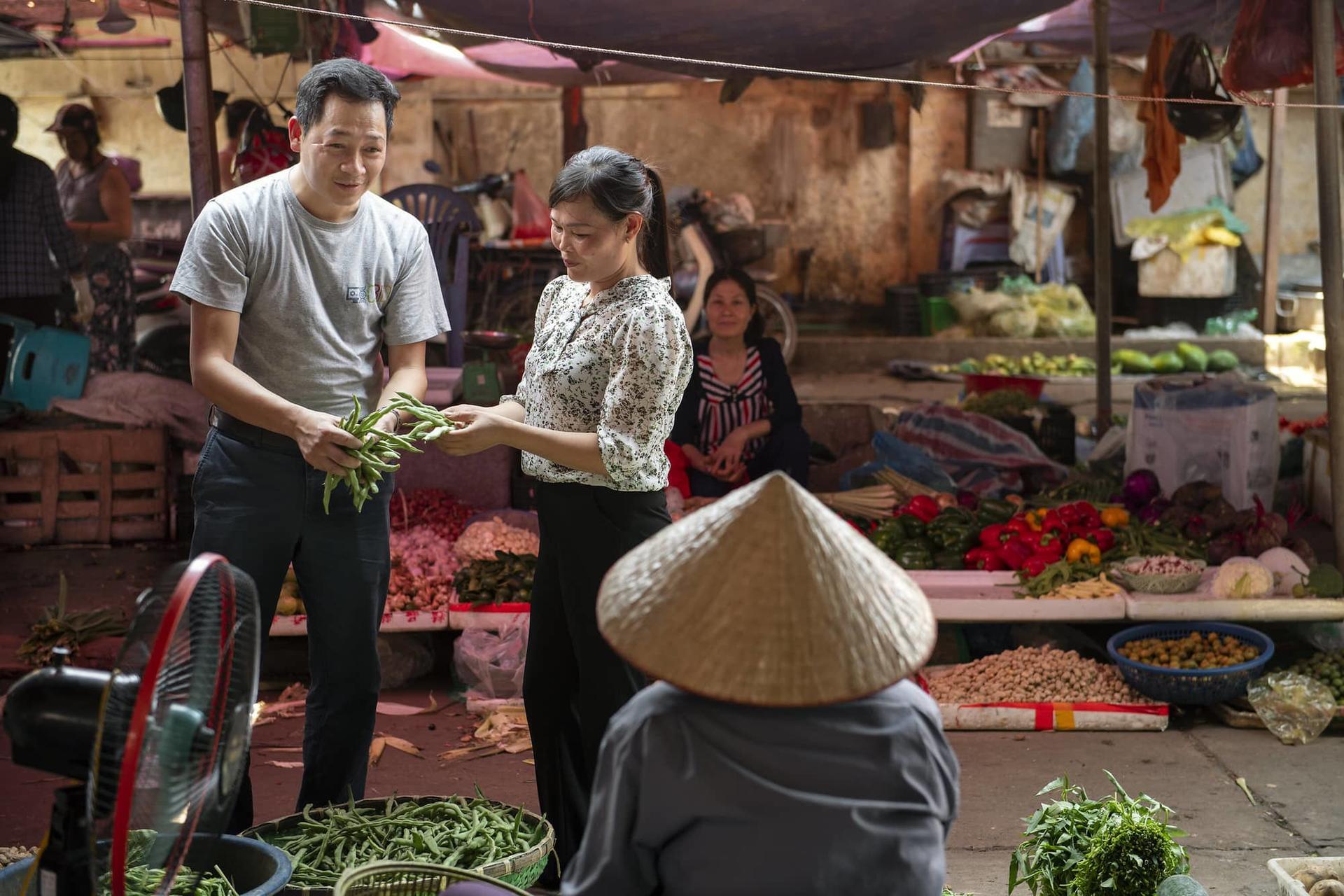
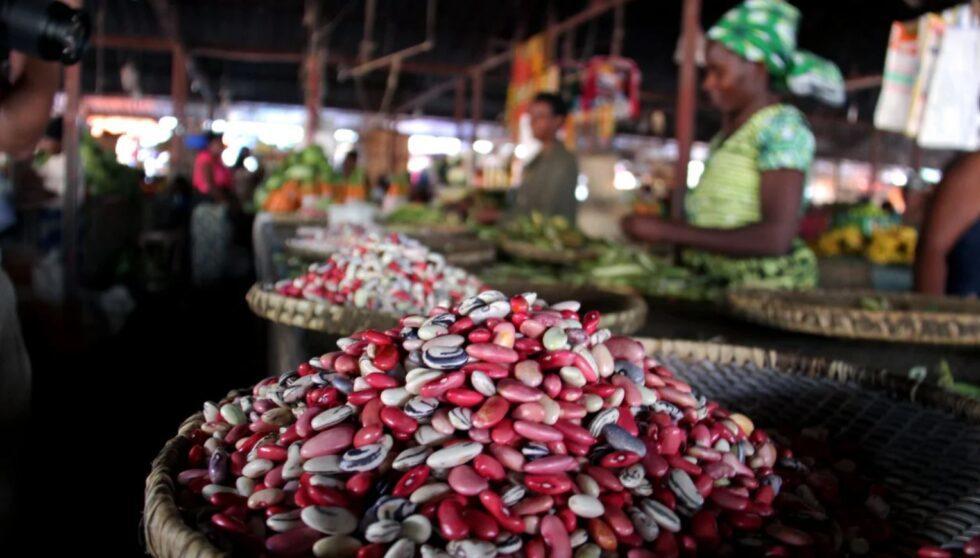
Focus on: Gender-responsive Bean Breeding in Africa
In Sub-Saharan Africa, participatory variety selection has contributed to bean improvement programs since the late 1990s, and was fully integrated in the bean breeding processes in the year 2000 under the Alliance’s Pan-Africa Bean Research Alliance (PABRA), using participatory approaches to identify gender differences in bean trait preferences. To identify preferences, the adapted germplasm is planted on farmers’ fields in multiple locations, and evaluated by researchers as well as women and men farmers. It is important to consider trade-offs between priority traits, which can differ by gender, such as women farmers and consumers’ prioritization of cooking time. The bean value chain is an important source of income and empowerment. In bean business platforms and stakeholder meetings, income opportunities with beans are presented, and information is shared on possible investment opportunities in which women, men and young people can participate. PABRA and its partners are amplifying women’s voices by offering them leadership positions in the bean value chain.
Focus on: Expanding Gender Considerations in Forage Breeding
In the forage breeding sector, several under-researched areas present opportunities for gender-oriented breeding. The first is the possibility of questioning masculinities and cultural codes in relation to cattle production to break down gender stereotypes. Another emerging research area is how gendered social norms affect the adoption and use of forages, such as grasses, legumes, and silvopastoral systems. Our research – with the support of CGIAR’s Accelerated Breeding Initiative – explores how adding a gender perspective to forage breeding could contribute to more equitable livestock production.
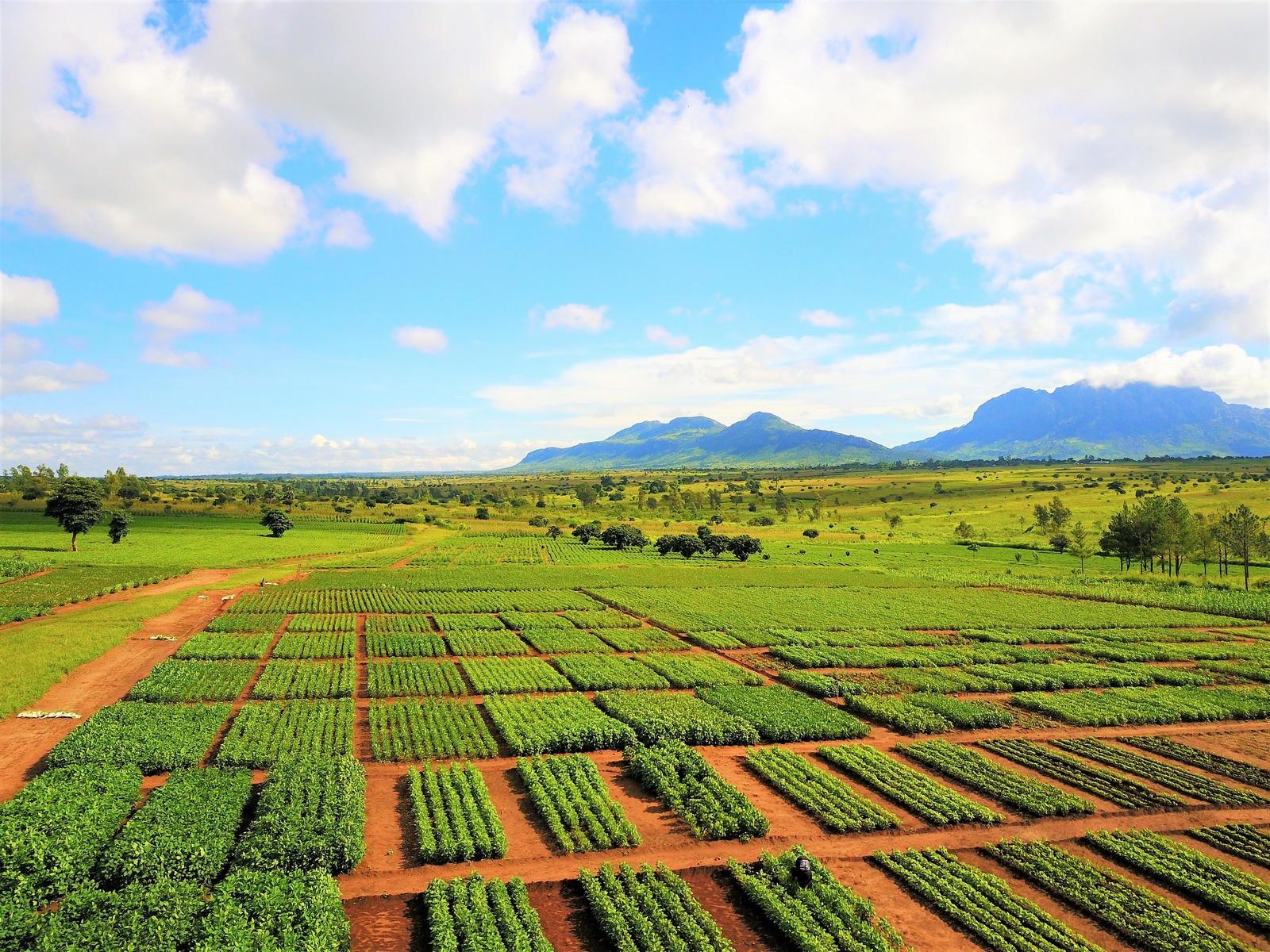
Researchers working on this topic:
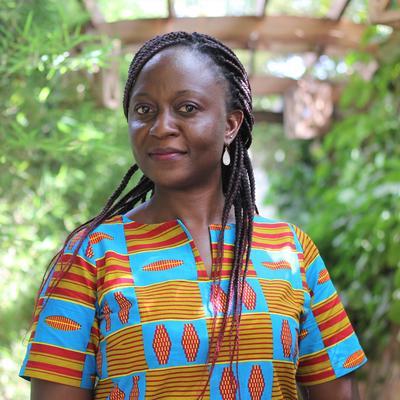
Deborah Nabuuma
Associate Scientist
Nchanji Eileen Bogweh
Gender and Social Inclusion Expert
Natalia Triana-Ángel
Postdoctorate Researcher, Gender and Social Inclusion
Ronnie Vernooy
Senior Scientist, Genetic Resources and Seed PoliciesLatest Publications
